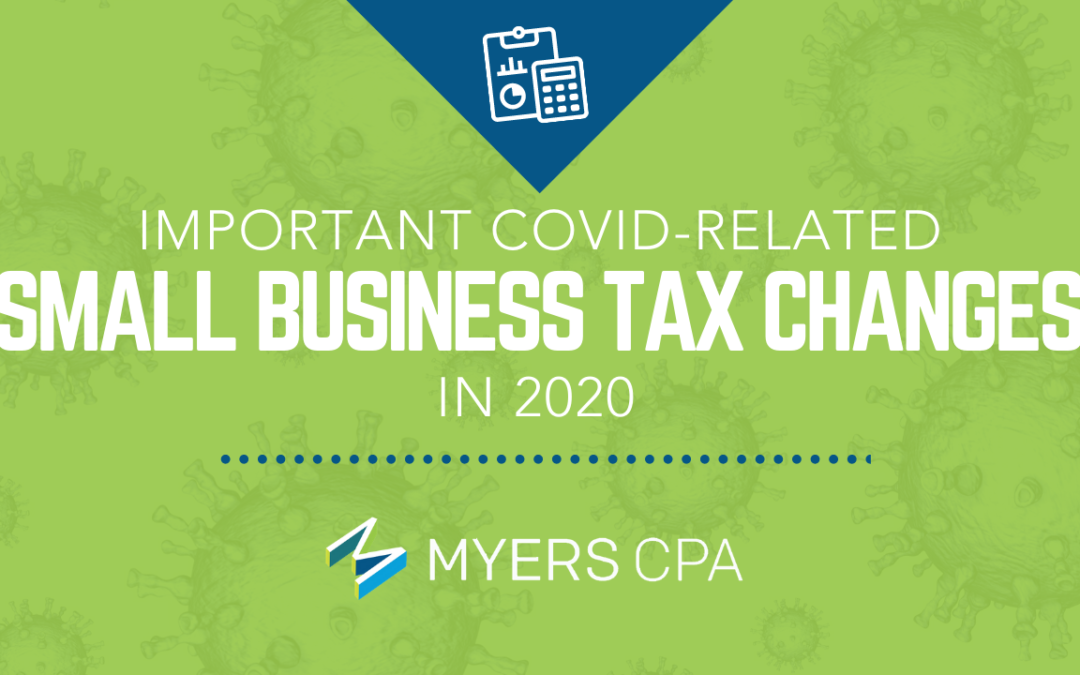This past year has been a challenging time for businesses across a wide range of industries. As a response to the pandemic, the government has attempted to blunt the impact of the forced closures and quarantines with a number of measures that get working capital back in the hands of the small businesses that are the most vulnerable. Here are some of the most significant funding-related tax changes that we feel small businesses should know about.
Families First Coronavirus Response Act (FFCRA)
In addition to requiring some employers to provide paid sick leave, as well as paid family and medical leave, the legislation created reimbursable tax credits for any paid leave employees take. Those paid leave provisions of the FFCRA apply to businesses with fewer than 500 employees and makes those employers eligible for tax credits designed to help businesses afford the new paid sick leave and paid family leave benefits. The tax credit is fully refundable and available quarterly. It can count against an employer’s already-owed Social Security taxes, but can also be paid out as an advance against future taxes, and can increase if the business maintains health care during the employee’s paid leave.
PPP Flexibility Act
This set of legislation, passed in June 2020, made critical adjustments to the PPP program so that its rules were more understandable, and it was more practical for small businesses to use. These laws also made it so that the PPP loans had a clearer (and easier) path to being forgiven. One of the biggest changes this had was making it clear that an employer with a forgiven PPP loan can still take advantage of the payroll tax deferrals outlined in the CARES Act.
Changes to the Economic Injury Disaster Loan (EIDL)
This program actually existed within the Small Business Administration prior to COVID-19 and was a way to help businesses during disasters. Congress and the SBA made changes to the program during COVID-19 in order to be able to get more of these loans into the hands of businesses that might immediately need them.
The two types of aid paid out under the EIDL were a standard loan that had to be repaid over a 30-year period, and was taxable just like a standard loan would be, and a grant of $1,000 per employee, up to $10,000, which would likely not be taxed due to falling under the “general welfare exception” in tax law. It is important to note here that we are waiting for final guidance from the IRS on this matter.
CARES Act
Within the CARES Act:
- Small businesses and self-employed individuals can delay the employer portion of federal payroll tax payments. These Social Security taxes owed for 2020 can be deferred and paid over the next two years. It is important to note that in this case, half of the delayed funds must be paid by the end of 2021.
- Small businesses that have net operating losses (NOLs) for the years 2018, 2019, or 2020, can now carry those back five years. This also includes sole-proprietorships
- For 2019 and 2020, small businesses can increase their interest expense deducted on their tax returns from 30 percent to 50 percent
Paycheck Protection Plan
Under the PPP refined guidelines, an unforgiven PPP loan would be due to be paid back within five years and would be taxed similar to a normal loan. A forgiven PPP loan is tax-exempt at the federal level, so you would not owe any federal taxes for loan funds that you used for payroll, rent, and other qualified forgivable expenses. With that said, each state can require you to pay taxes on a forgiven loan, so make sure to double-check your state’s policies.
Additionally, it is important to note that any expenses that are paid with PPP funds, such as payroll rent and utilities are not generally able to be written off as they usually would be.
Navigating through the complex tax and loan options available as a result of 2020 legislation can be confusing and challenging if you are a small business owner looking to file your taxes or understand your risks. Feel free to reach out to the Myers CPA team with any questions you may have at 913.901.6879.

